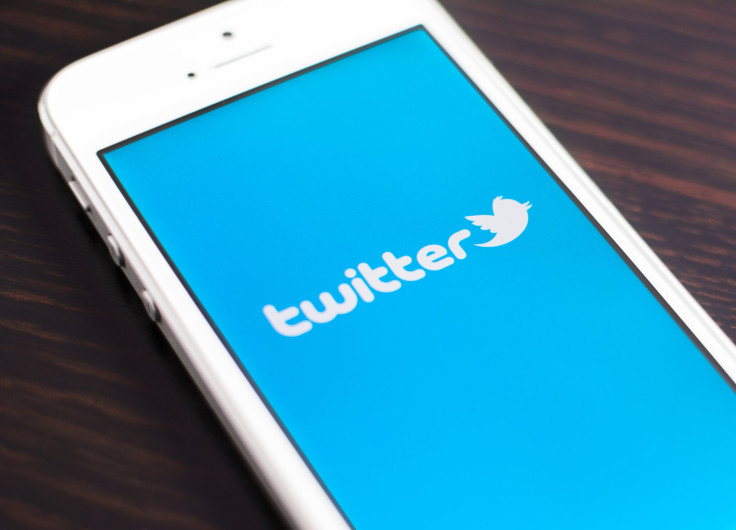Ebola Outbreak Messages Spread On Twitter Days Before Official Announcements

While the Internet is still a luxury for many of the world’s nations, the use of smartphones and other forms of mobile technology has made up for lack of access. In parts of Africa especially, increasing numbers of people are adopting mobile technologies, making and receiving payments and logging onto social networks for the first time. Among those social networks is Twitter, where most breaking news always seems to emerge for the first time before spreading elsewhere. Certainly, that was the case with Ebola, a new study finds.
During the week of July 24-Aug. 1, 2014, when health officials first began making announcements about the Ebola outbreak, millions of people were already aware of the outbreak because they read about it on Twitter. Researchers from the Columbia University School of Nursing found that two days before a U.S. doctor was declared infected with Ebola, over 1.5 million people in Nigeria had already learned about the outbreak. News of his infection quickly spread, as well as tweets, and within the three days prior to any official announcements, over 60 million people had already learned about the outbreak, according to a statement.
Early in the week, many of the tweets were meant to spread awareness of the growing threat; “Guys, #EbolaVirus is in Lagos. Be informed. Be careful,” one said. By July 31, over 120 billion people had read tweets about Ebola, the content of which had changed to include messages about how it’s transmitted, how to prevent transmission; trends, such as where it was spreading to; and compassion — “Help us pray for people of Nigeria as the deadly disease #EbolaVirus has been discovered.”
For the study, researchers analyzed 16,499 tweets and 25,737 retweets — reposts, for those unfamiliar with Twitter — containing Ebola-related keywords, such as #Ebola, #EbolaOutbreak, #EbolaVirus, and #EbolaFacts. They found that although many people were already aware of the outbreak before any announcements whatsoever, Ebola-related tweets climbed rapidly following Sierra Leone’s emergency declaration, the UK foreign secretary’s official message, and the U.S. Centers for Disease Control and Prevention’s press statement — all of which occurred during the same week.
“The current study reveals how tweets can be collected and analyzed to support early warning systems for epidemic trends, and to inform data information messages for health education interventions,” the researchers wrote. “The delivery of useful and effective information is the foundation of outbreak surveillance.”
As of June 2, Guinea and Sierra Leone are still battling Ebola infections. Worldwide, the disease has killed 11,162 of the 27,181 people infected.
Source: Odlum M, Yoon S. What can we learn about the Ebola outbreak from tweets? American Journal of Infection Control. 2015.
Published by Medicaldaily.com



























